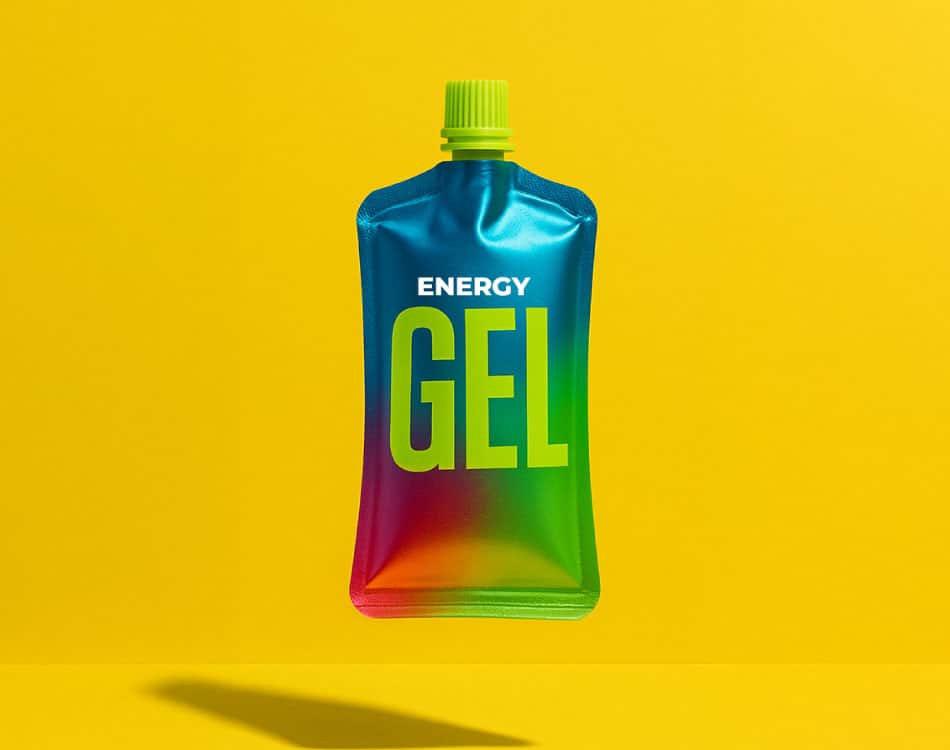Endurance athletes already have a wide selection of expertly formulated supplements that can help to boost performance and aid recovery.
However, there is another world of often unexplored options in the muscle-building section at your nearest Dis-Chem.
If you’re looking for an extra boost to your training and performance, consider these 5 supplements traditionally used in the gym.
READ MORE | 3 Steps To Boost Post-Workout Recovery For Endurance Athletes
#1. Creatine
Creatine is possibly the most effective performance-enhancing supplement ever produced, and there is a mountain of scientific evidence to back this bold statement.
It is a natural substance found in the body that plays an important role in energy metabolism. But endurance athletes tend to overlook this product because it works to boost power and strength output – two physical traits that aren’t necessarily very important to runners and cyclists.
However, creatine also supports repeated bouts of high-intensity exercise – think hill repeats or track intervals. Boosting your creatine stores with a supplement will let you train harder for longer, which is what ultimately delivers the performance benefit (rather than any direct stimulus, like caffeine for example).
And more recent research indicates that creatine could also offer protection to muscle cells. Based on the findings from an Australian study, researchers determined that: “Creatine supplementation appears to offer an element of myo (muscle)-protection which was not observed following whey protein supplementation.”
You can find creatine in various forms. Creatine monohydrate is the original and most basic form. It remains one of the most effective options to boost creatine stores in muscle cells and the liver.
According to the International Society of Sports Nutrition’s position stand: “creatine monohydrate is the most effective ergogenic nutritional supplement currently available to athletes in terms of increasing high-intensity exercise capacity…”
There are also other forms available, with one particularly suited to endurance sport – the PH-protected and patented Kre-Alkalyn. Clinical studies have also shown that Kre-Alkalyn boosts VO2 max and oxygen uptake, which is directly correlated with improved endurance performance.
Supplements that contain Creatine
READ MORE | Support Your Recovery After Training For Optimal Endurance Performance
#2. Beta-alanine
Beta-alanine is a non-essential amino acid. It serves as a building block of carnosine, a protein peptide that helps to buffer the effect of exercise metabolites like lactic acid that build up in muscles during intense or prolonged exercise and can limit performance.
In this regard, a study published in the journal Nutrients found that taking 800mg of beta-alanine multiple times a day elevated muscle carnosine levels by as much as 66%.
It also helps to stabilise muscle pH by buffering hydrogen ions. A build-up of hydrogen ions creates a more acidic environment (low pH), which has a rate-limiting effect on performance.
Based on these benefits, beta-alanine supplements could help to extend time to exhaustion, which improves endurance performance.
For example, research published in the International Journal of Sports Nutrition and Exercise Metabolism found that runners who supplemented with the substance considerably improved their performance over 800m, with a few study participants taking a staggering 3.6 seconds off their personal bests.
Supplements that contain Beta-alanine
READ MORE | Unlock Fat-Fuelled Energy With Ketones
#3. L-Glutamine
L-Glutamine is the most abundant amino acid in muscle cells. During times of stress, which includes intense training blocks, the body (specifically immune cells) require more glutamine, often in excess of what your diet can provide.
And when glutamine levels fall, muscle cell volume decreases, which results in muscle catabolism (muscle loss) and lost strength. Supplementing with glutamine helps to prevent this drop in circulating glutamine levels, which can have a potent muscle-sparing (anti-catabolic) effect.
The combination of enhanced recovery from a stronger immune response and less muscle damage helps to speed up recovery between sessions, which can significantly improve training outcomes and your ultimate performance on race day.
Supplements that contain L-Glutamine
READ MORE | Why The ‘Iron’ Game Is So Important For Endurance Athletes
#4. BCAAs
Your body needs Branched Chain Amino Acids (BCAAs) to create other amino acids, which are required in large quantities during intense exercise to repair muscle tissue and produce hormones, among other functions.
Your muscle cells can also use BCAAs for fuel when glycogen (carb-derived) energy reserves run low.
However, without adequate circulating levels, your body will usual get these amino acids by breaking down muscle tissue. The resultant muscle damage takes time to repair, which can increase your recovery requirements.
As such, increasing circulating (free form) BCAA levels with a well-formulated supplement before and during training or racing can have a significant anti-catabolic (muscle-sparing) effect. And limiting exercise-induced damage in this way reduces your recovery demands between sessions, which allows you to get back to intense training sooner.
Supplements that contain BCAAs
READ MORE | Give Your Endurance Performance A Caffeine Kick
#5. Citrulline Malate
Citrulline Malate (CitM) – a combination of the amino acid citrulline and the organic salt malate – is a non-essential amino acid that may help to fight fatigue, sustain energy, improve strength and aid recovery.
By helping to remove ammonia from the body, CitM pushes out the point at which fatigue sets in, which enables athletes to sustain efforts for longer and increases their endurance capacity.
This primarily happens due to CitM’s role in the nitric oxide-production pathway. The resultant vasodilatory (increase diameter of blood vessels) effect enhances the delivery of oxygen and nutrients to working muscles.
The recovery benefits stem from CitM’s ability to help preserve immune function after strenuous exercise. Research from a group of Spanish researchers substantiated this claim after studying the effect of the substance on white blood cell function on cyclists.
Supplements that contain Citrulline Malate















